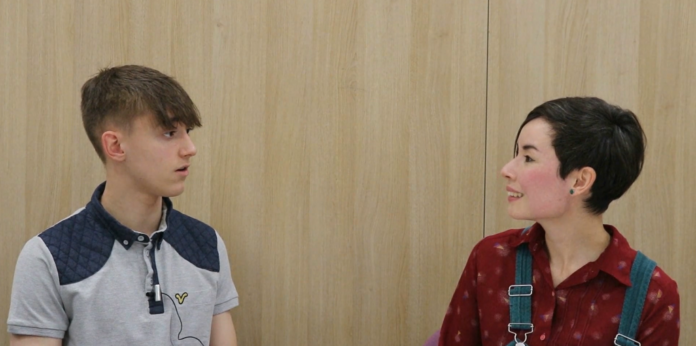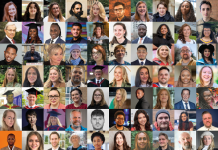A national study, delivered by nine NHS Trusts, including Greater Manchester Mental Health NHS Foundation Trust (GMMH) in Manchester, has found that automated virtual reality (VR) technology can successfully help people recover from mental health problems.
In the largest ever clinical trial of VR for mental health, led by researchers at the University of Oxford and Oxford Health NHS Foundation Trust, and funded by the National Institute for Health Research (NIHR), the automated therapy was shown to work well for patients diagnosed with psychosis. The biggest benefits were experienced by those with the most challenging psychological problems.
In a landmark development, psychological therapy has been automated in virtual reality. With the user guided by a virtual coach, there is no need for a real-life therapist, meaning the treatment can reach many more patients.
The gameChange VR program targets a problem that is common in people diagnosed with psychosis: intense fears about being outside in everyday situations. For many patients, these fears develop into a severe agoraphobia that means they avoid leaving the home, severely disrupting relationships with family and friends, their education, and careers.
gameChange is designed to treat this agoraphobia and help patients re-engage with day-to-day activities. It takes them from a housebound existence to life back in the world outside. With the user guided by a virtual coach, there is no need for a real-life therapist, meaning the treatment can reach many more patients.
Professor Daniel Freeman, lead researcher, Department of Psychiatry, University of Oxford and NIHR Senior Investigator, said:
“Virtual reality psychological therapy has come of age with gameChange. Over the past 25 years VR has been used in a small number of specialist mental healthcare clinics. It has supported in-person therapy delivered by a clinician. However, with gameChange, the therapy is built in, so it can be overseen by a range of staff. And it can be delivered in a variety of settings, including patients’ homes.
“We are delighted that gameChange has produced excellent results for people with some of the most challenging mental health problems. Individuals who were largely housebound have got back outside. Using today’s affordable and easy-to-use consumer VR equipment, we think gameChange will lead a transformation in the digital provision of evidence-based psychological therapy, with deployment at scale for treatments that really work.”
GMMH joined the gameChange trial in July 2019, and throughout the trial period, worked with 58 service users to deliver and evaluate the therapy in Greater Manchester.
Dr Elizabeth Murphy, gameChange Trial Coordinator and Research Clinical Psychologist, said:
“GMMH agreed to join the gameChange trial to embrace the technological innovation in psychosis treatment, as there is a high prevalence of psychosis in Manchester and the North West. Many people with psychosis experience disabling levels of agoraphobia, and gameChange virtual reality therapy offers high quality, engaging and effective psychological intervention for agoraphobia in psychosis.
“The trial at GMMH recruited service users from seven localities across Greater Manchester, including Bury, Bolton, Salford, Trafford, Manchester, Tameside and Salford, showing a commitment from Greater Manchester to contribute to research and innovation in psychosis treatment.
“Looking to the future, we hope to implement gameChange virtual reality therapy into routine clinical services. This will involve a piloting phase to test the feasibility of implementing the program into a sample of community teams, who are currently treating people with psychosis.”







